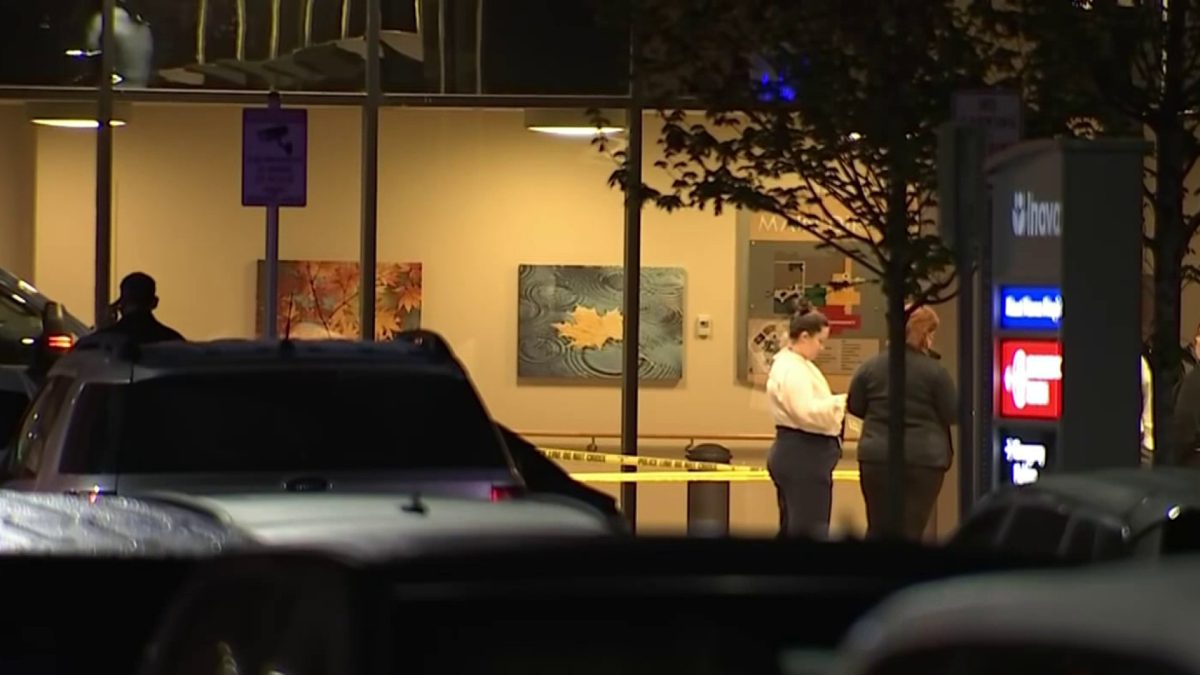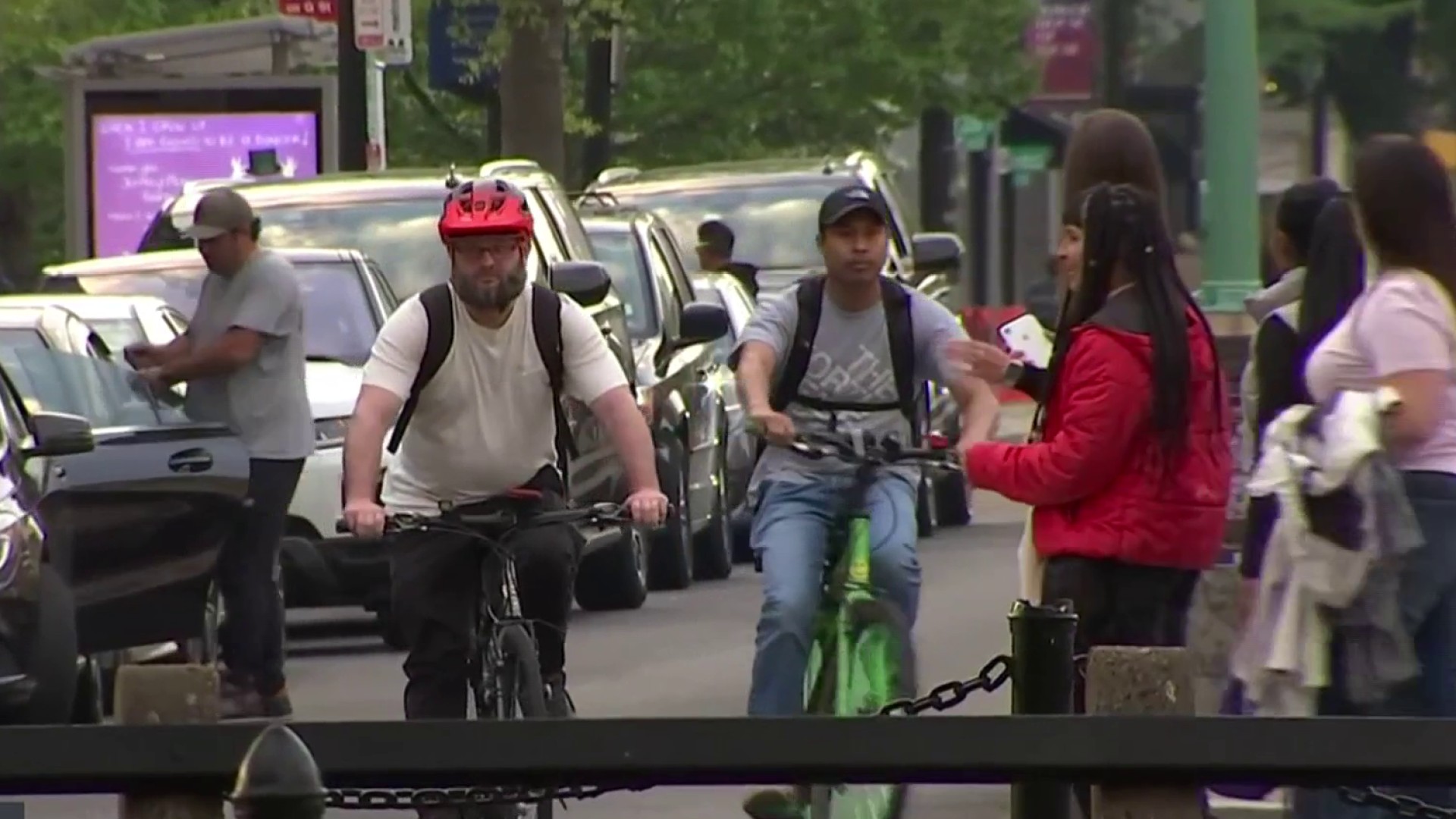Dozens of polling locations in the District of Columbia, Maryland and Virginia are at risk of being inaccessible to voters with disabilities.
The polling places could present a variety of hurdles blocking access to people in wheelchairs or with limited range of movement, including heavy doors, steep wheelchair ramps, inoperative doorbells and narrow entranceways.
Though elections officials have been formally notified about some of the problems, not all have been corrected and some might be irreparable before Election Day.
An Office of District of Columbia Auditor report reviewed by the News4 I-Team shows 37 of the city’s almost 140 polling precincts suffered from “access” problems for people with disabilities during the 2014 elections. Though D.C. Board of Elections officials told the I-Team fixes have since been made, an agency memo in 2015 warned the city has no alternative but to use voting locations with accessibility problems.
The I-Team, with the assistance of disability advocates from the University Legal Services and a wheelchair user, checked four D.C. polling sites this month. Each continued to suffer from potential hurdles to voting for people with disabilities.
Outside a polling location at a church in Southeast D.C., the wheelchair user, Ian Watlington, a disability advocacy specialist with the National Disability Rights Network, showed the I-Team the challenges he experienced trying to navigate toward and open an Americans with Disabilities Act-accessible entrance door.
Outside another Southeast D.C. church designated as a polling place, Watlington told the I-Team he experienced challenges trying to ascend a wheelchair ramp. The incline was too steep, he said.
Local
Washington, D.C., Maryland and Virginia local news, events and information
At a prep school in Northeast, Watlington reported traversing a winding path, two city blocks in length to reach an ADA entrance.
Watlington said the obstacles could dissuade people with disabilities from voting.
“If people know their polling site and had a bad experience, they just don’t vote anymore,” he said.
“Though (the polling locations) may technically meet the letter of the law, certainly the spirit of ease and equal use is not met in sites like this,” Watlington said.
D.C. Board of Elections attorney Terrica Jennings said the agency has made fixes after the 2014 elections to ensure people with disabilities will be able to access polling locations in June. Additional staff will be deployed during Election Day to help assist voters who encounter access problems at entrances, she said.
“We do our best to prepare for the elections, but some things are going to happen that are going to be out of our control," Jennings said. She cited “doorbells with dead batteries” or “removed signs” as examples of problems that are challenging for the Board of Elections to anticipate.
A December 2015 memo issued by the Board of Elections acknowledged a series of challenges the agency encounters in providing full access to people with disabilities.
“The lack of cooperation from managers of certain facilities used as polling places have a direct impact on accessibility at certain polling places,” the memo said. “The lack of alternative polling place options for relocation requires that the (Board of Elections) continue to use certain facilities despite accessibility issues.”
A review of Virginia polling locations by the Disability Law Center of Virginia reported almost 40 of the 200 polling sites reviewed during the 2016 primaries suffered access issued for the disabled. One of those sites, a church in Fairfax County, had a broken entrance button at its ADA entrance. Parking for the disabled was also limited near the entrance. The I-Team found the same hurdles remain, weeks after the voting and the organization’s report.
The Maryland State Board of Elections reported at least eight polling sites with accessibility problems as of February 2016, including a public school in Prince George’s County. The report also cited an election site at a hall in Frederick County, in which state investigators reported problems with an entrance ramp.
Reported by Scott MacFarlane, produced by Rick Yarborough, and shot and edited by Jeff Piper.



